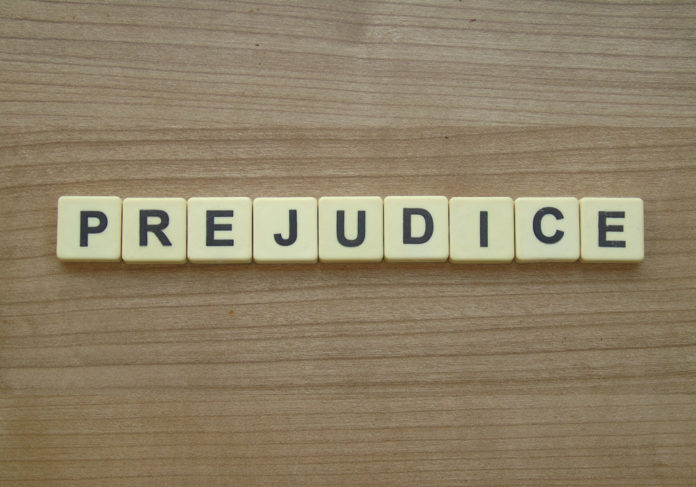COFC decision denying a protest due to a lack of prejudicial error is affirmed. The protester argued that because it had established prejudice for purposes of standing, it had also established prejudicial error on the merits. But the Federal Circuit held that prejudice for purposes of standing and prejudicial error on the merits are two different concepts. For standing, the inquiry focuses on the protester’s allegations—the allegations need to show that if successful on the merits, the protester would be in a better position to secure award. For prejudicial error on the merits, a protester has to show, based on the evidence, that but for the agency’s error there would have been a different procurement outcome. Here, the protester alleged prejudice sufficient for standing—i.e., that if it succeeded, it would have a better chance at award—but it had not shown that absent the alleged agency error, the outcome would have changed.
American Relocation Connections (ARC) was the incumbent on a contract to provide Customs and Border Patrol with employee relocation services. ARC’s contract was set aside for small businesses. In 2017, CBP decided to recompete the contract. After conducting market research, CBP determined it needed to change the NAICS Code for the new solicitation. The market research also showed, however, that there was only one small business eligible to compete under the new NAICS code. Accordingly, CBP decided that a set aside for small business was no longer feasible and thus issued an unrestricted solicitation.
ARC filed a protest with the Court of Federal Claims claiming that CBP erred in not setting aside the new solicitation for small business and in not consulting with SBA during its market research. COFC denied the protest, finding that ARC could not show that it had been prejudiced by CBP’s failure to consult with the SBA during market research. ARC then appealed to the Federal Circuit.
ARC argued that because it had established that it had standing to protest it had also established that CBP’s alleged failure to consult with SBA was prejudicial error on the merits. While the court agreed that ARC had standing to protest, this did not mean that it had established prejudice on the merits.
The court reasoned that while prejudice is a component of standing, there is a difference between the prejudice required for standing to protest and the prejudice required for a successful protest on the merits. For standing, the court focuses on the allegations of the protest. A protester successfully alleges prejudice for standing purposes where, if successful on the merits of the protest, they would be in a better competitive position to secure the contract. But for prejudice on the merits, the court—rather than presuming success on the merits—examines the merits of the protest to determine (1) whether the agency actually erred, and (2) whether that error changed the outcome of the agency’s procurement decision in a way that actually prejudiced, or harmed, the protester.
Here, ARC claimed in its protest that CBP violated SBA regulations by not consulting with SBA during market research. ARC further alleged that if CBP had consulted with SBA, it would have set aside the solicitation for small businesses. Thus, if ARC were to succeed on the merits, and if CBP were to re-issue the solicitation as a small business set-aside, then ARC—as a small business—would be in better competitive position to secure the contract. Thus, ARC had alleged prejudice for purposes of standing.
The problem was that ARC had not established prejudicial error on the merits. To show prejudicial error, ARC had to show that if CBP had consulted with the SBA, CBP would have actually issued the solicitation as a small business set-aside. But the record showed that there were fewer than two small businesses certified under the NAICS code chosen for the procurement. Thus, even if CBP had consulted with SBA, it would not have changed the outcome. CBP would still not have issued the solicitation as a small business set-aside because there were not enough small business to compete for the contract. COFC, therefore, correctly found that ARC had not established prejudice on the merits.
ARC is represented by Andrew M. Grossman of Baker & Hostetler LLP. The government is represented by Margaret Jantzen, Joseph H. Hunt, Steven John Gillingham, and Robert Edward Kirschman, Jr.




